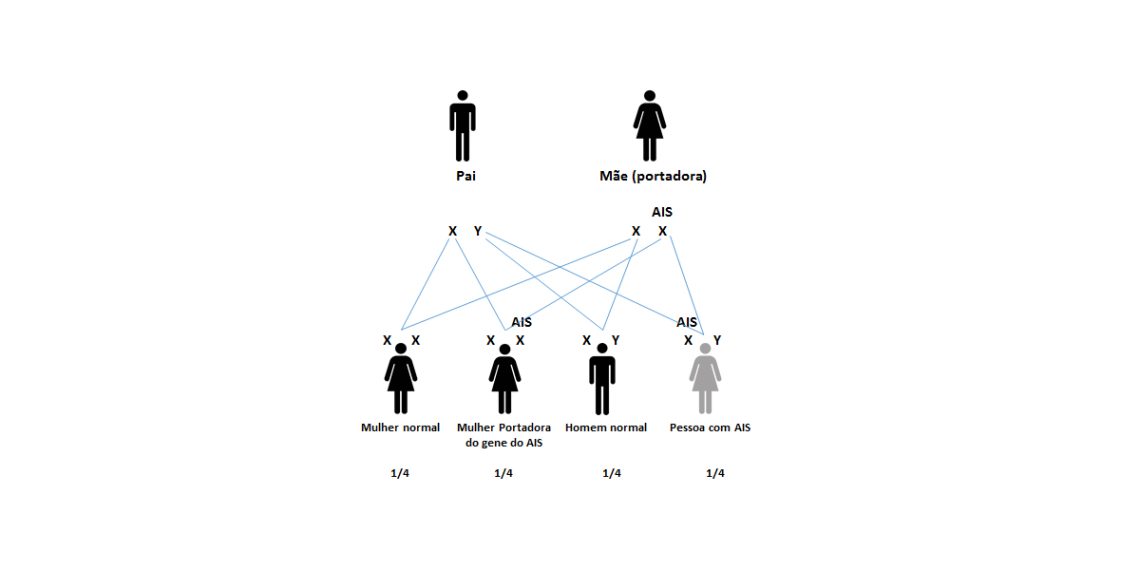Complications of Androgen Insensitivity Syndrome
Although AIS is not life-threatening, it can have long-term physical, emotional, and social implications, especially when diagnosis and care are delayed or mishandled. Read more about the complications of androgen insensitivity syndrome below.
1. Gonadal Cancer Risk
- Undescended testes have a small risk (2–5%) of developing cancer.
- Most doctors recommend gonadectomy after puberty, especially in CAIS.
2. Infertility
- Individuals with AIS are genetically male and infertile.
- Fertility preservation options are limited, but counselling is essential for long-term planning.
3. Delayed or Absent Puberty
- Without hormone therapy, individuals may not develop typical secondary sexual characteristics.
- Hormone replacement is important for physical and emotional well-being.
4. Bone Health
- Lack of testosterone or estrogen may affect bone density, increasing the risk of osteoporosis.
- Monitoring and supplementation are essential.
5. Emotional and Psychological Challenges
- Identity confusion, social stigma, or secrecy around diagnosis can lead to:
- Anxiety or depression
- Body image concerns
- Relationship difficulties
Open communication, education, and support play a key role in improving mental health outcomes.
6. Gender Identity and Disclosure
- People with AIS may identify with the gender they were raised in, but some may question their identity later in life.
- Disclosure should be age-appropriate, honest, and supportive, empowering the individual to make informed choices.
Support and Advocacy
Support groups and online communities (local and international) offer a vital network for individuals and families affected by AIS. Awareness is growing in South Africa, but stigma and lack of access to care remain barriers.
With comprehensive care, acceptance, and support, individuals with AIS can live confident, healthy, and fulfilling lives.
👉 End of Series | Back to Overview
Martin Herbst Physiotherapist Pretoria East


